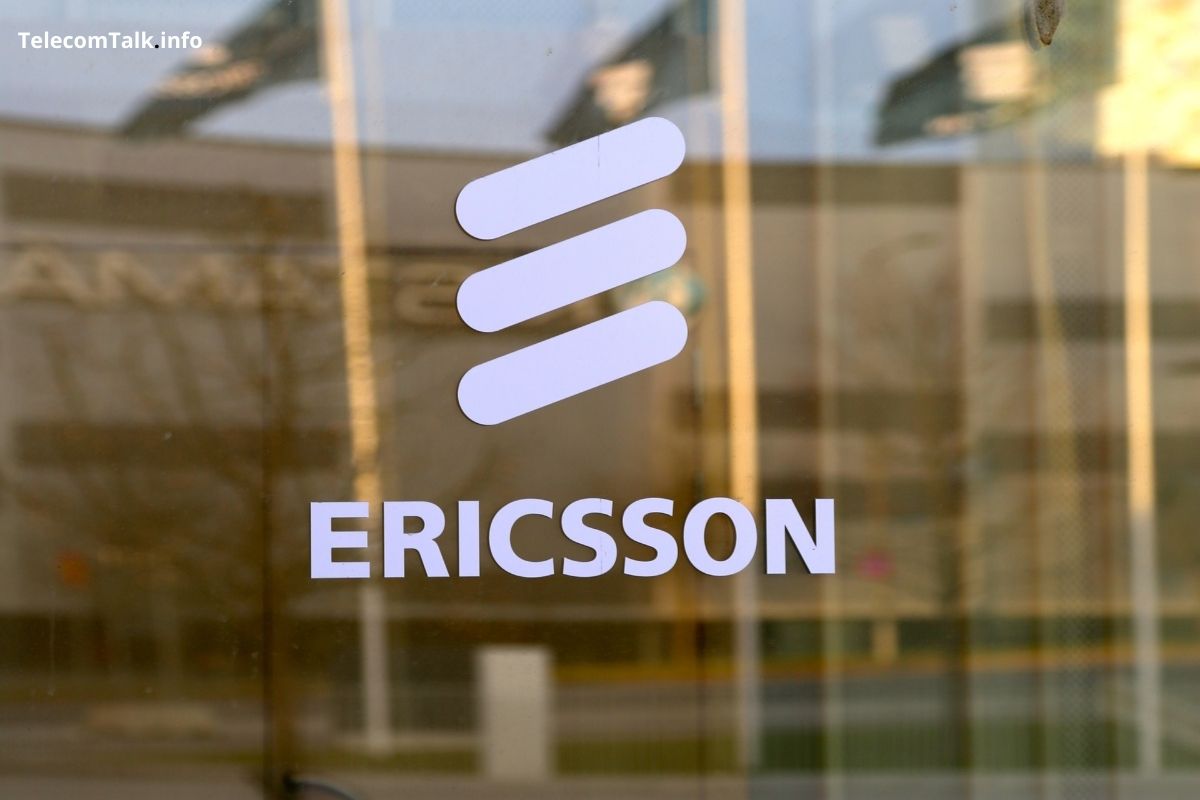
Over the next ten years, Ericsson will invest tens of millions of pounds (GBP) in a UK-based programme that will concentrate on 6G research and ground-breaking technology. The research will be conducted in the fields of energy efficiency, artificial intelligence, cognitive networks, and network resilience and security, which are all seen as essential components of the future global digital infrastructure for consumers, businesses, and society.
More Information About the New Programme
With the high-end capabilities of 5G, 6G is anticipated to be made available in the 2030s, expanding on societal, consumer, and industry use-case mobile connection breakthroughs. A more intelligent, sustainable, and effective society is anticipated to result from the integration of the digital and physical worlds by 6G, which will also help to deliver new use cases such as multi-sensory extended reality, precision healthcare, smart agriculture, cobots, and intelligent autonomous systems.
In order to lead 6G research projects that contribute to the advancement of global technology, network innovation, and new product solutions, the programme will employ 20 devoted researchers and support additional PhD students. The UK government's desire to be a leader in the creation of the next communications and global standards is supported by the announcement of research funding, which builds on Ericsson's long experience at the centre of the nation's telecommunications industry.
According to Katherine Ainley, CEO of Ericsson UK & Ireland, the company has been linking the UK for more than 120 years, and this latest investment highlights their commitment to ensuring that the nation maintains its position as a worldwide leader in emerging technologies and sectors. She went on to say that the UK government shared their vision for a world that was more connected, secure, and sustainable and that they were looking forward to collaborating with network operators, businesses, and academic institutions to create international standards that would bring them closer to achieving seamless global connectivity and truly ground-breaking innovation.















